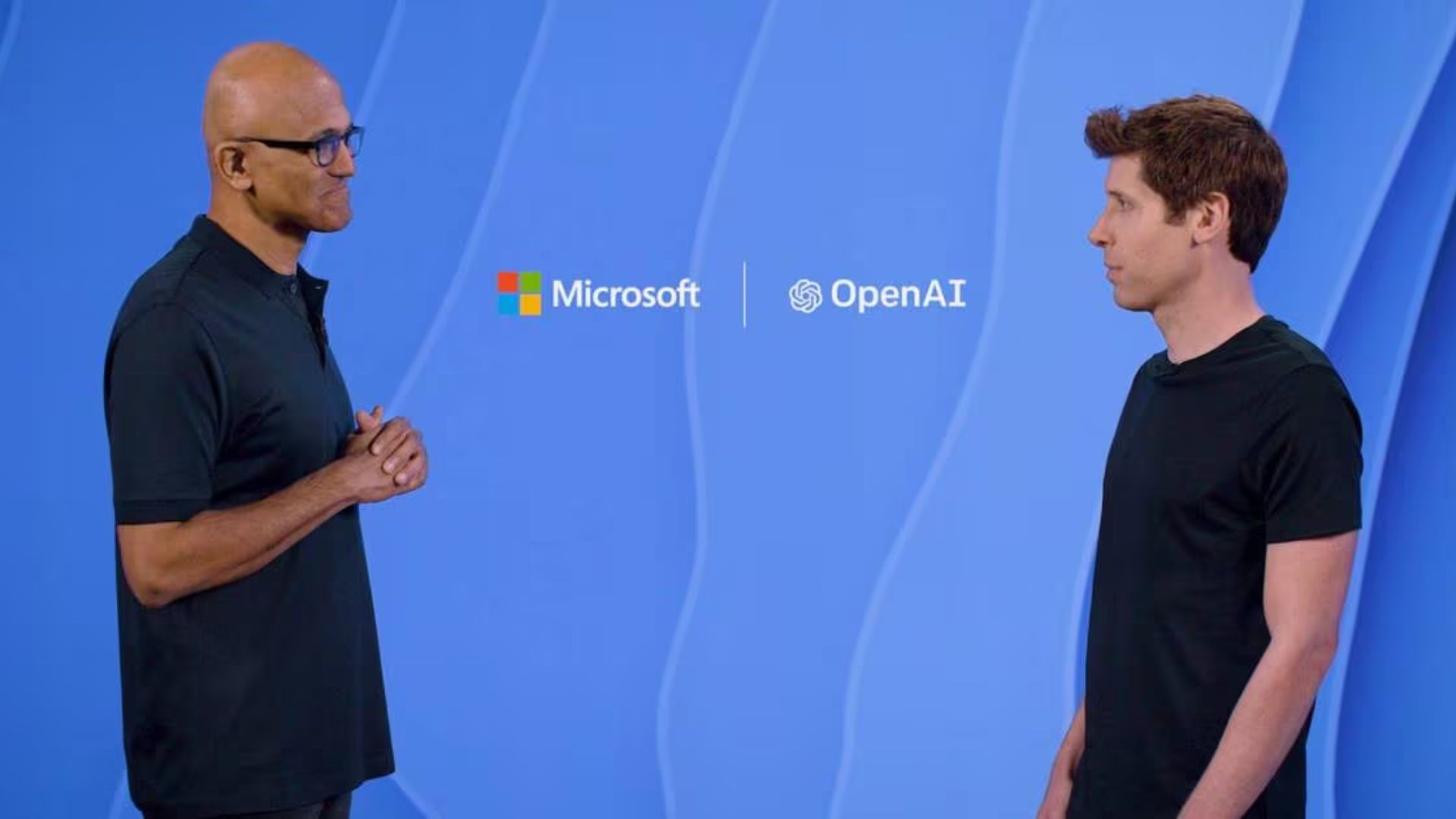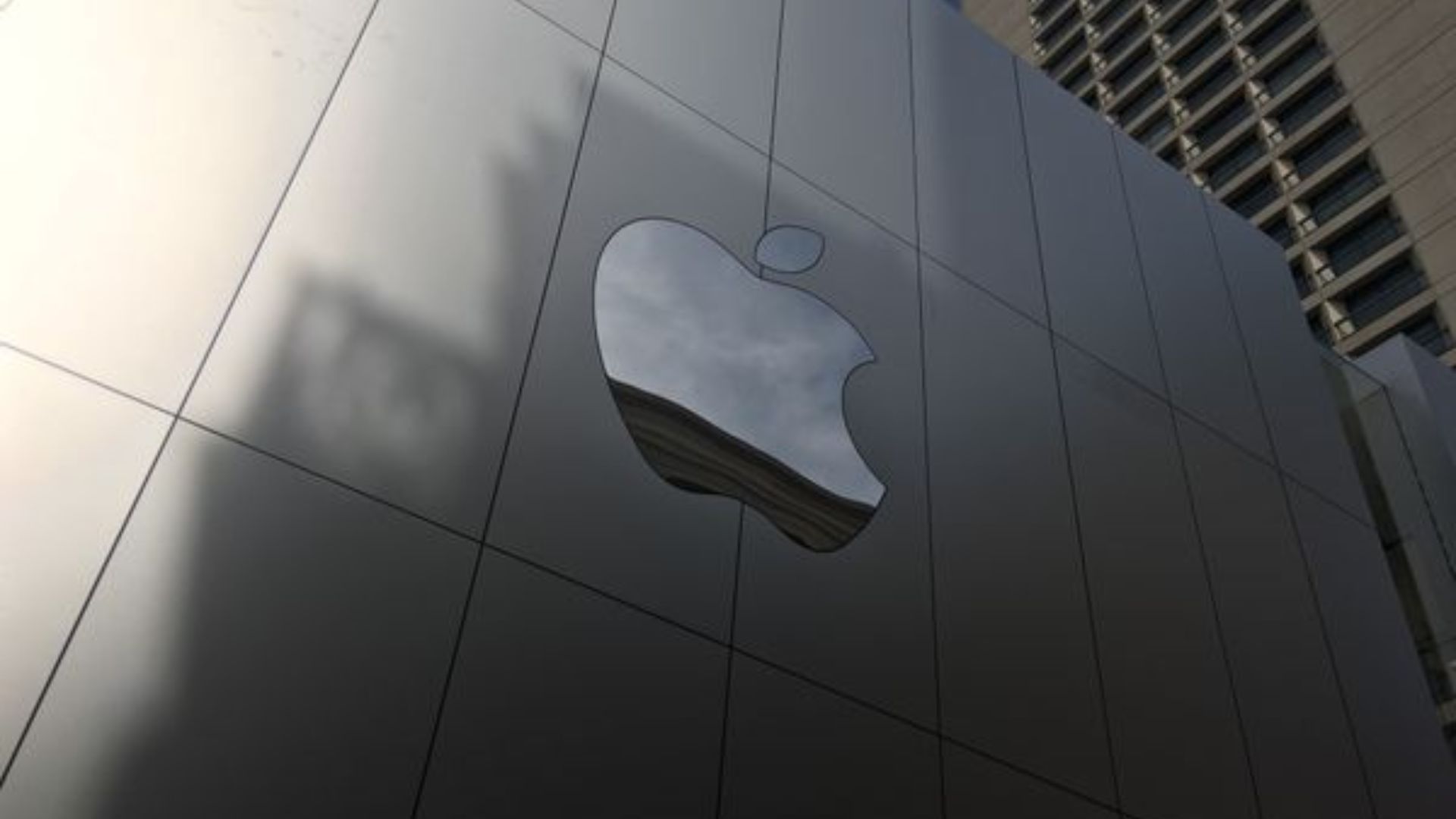OpenAI's new deal with Apple is reportedly raising concern for its largest investor, despite Microsoft CEO claiming "it wouldn't matter if OpenAI disappeared tomorrow."
Microsoft CEO Satya Nadella is reportedly concerned about OpenAI's new deal with Apple.

What you need to know
- Microsoft CEO Satya Nadella is reportedly concerned about OpenAI's new deal with Apple to bring AI capabilities to the iPhone.
- Nadella is worried about the impact the deal will have on Microsoft's products and services, which are already heavily infused with AI capabilities.
- OpenAI is seemingly cozying up to Apple, having launched its desktop ChatGPT app exclusively to Mac users and claiming that it's prioritizing where its users are.
Apple is expected to make its debut in the AI landscape during its annual developer conference WWDC 2024, slated for June 10, 2024. Reports indicate Apple recently signed a deal with OpenAI to bring its AI advances, including ChatGPT to the iPhone as part of the long-anticipated iOS 18 update. Interestingly, Bloomberg's Mark Gurman reports most of these AI-powered features will require sophisticated hardware and software that's consistent on the iPhone 15 Pro or later.
While it's great to see Apple finally dabble with AI, Microsoft CEO Satya Nadella is seemingly concerned about the iPhone maker's deal with OpenAI. According to The Information, Nadella's concerns are centered on the impact the deal might have on future Microsoft products and services.
OpenAI's new deal with Apple is potentially worth billions of dollars, though it's unclear if the figure surpasses Microsoft's hefty 10 billion-dollar investment. As you may know, Microsoft leverages OpenAI's technology to power its flagship AI models like Copilot. OpenAI, on the other hand, relies on Microsoft for its data centers.
Since the emergence of generative AI, we've learned that it's a resource-hungry technology. And despite being on the verge of the biggest technology revolution with AI, projections indicate that there might not be enough power by 2025, though OpenAI CEO Sam Altman has been looking into nuclear fusion as an alternative power source for AI.
Aside from the power concerns, AI consumes an exorbitant amount of water for cooling (up to 1 water bottle per query) coupled with high-cost implications. OpenAI reportedly spends up to $700,000 per day to keep ChatGPT running.
In the interim, reports also indicate that Apple is in deliberations with Google too, which could potential see its Gemini chatbot make its way to the iPhone as an option or alternative for ChatGPT/Siri.
OpenAI cozies up to Apple

In the past few months, OpenAI has seemingly become more Apple-centric as far as its advances are concerned. For instance, during the Spring Update event, the company unveiled its new flagship GPT-4o model and announced the general availability of ChatGPT exclusively for Mac users, snubbing Windows despite Microsoft's multi-billion investment.
Get the Windows Central Newsletter
All the latest news, reviews, and guides for Windows and Xbox diehards.
OpenAI indicated the exclusive launch was its way of "prioritizing" where its users are. An indication that majority of its user base use Apple devices. Elsewhere, Sam Altman has been hitting the headlines for all the wrong reasons, including withholding important information from the hot startup's board to an extent that they found out about ChatGPT's existence on Twitter. Former board members alleged that two OpenAI executives reported Altman for psychological abuse which created a "toxic atmosphere" at the company.
RELATED: Sam Altman is a genius master-class strategist
To this end, Microsoft's partnership with OpenAI remains complicated at best. Insiders have perviously expressed their concerns, indicating Microsoft has seemingly turned into a glorified IT department for the hot startup. While filing a lawsuit against OpenAI and Sam Altman for a stark betrayal of the founding mission, Elon Musk claimed OpenAI has seemingly transformed into "a closed-source de facto subsidiary of the largest technology company in the world."
In the past, Microsoft CEO Satya Nadella has openly admitted, "OpenAI wouldn’t have existed but for our early support."
We were very confident in our own ability. We have all the IP rights and all the capability. I mean, look, if tomorrow OpenAI disappeared, I don’t want any customer of ours to be worried about it, quite honestly, because we have all of the rights to continue the innovation, not just to serve the products. But we can go and just do what we were doing in partnership, ourselves, and so we have the people, we have the compute, we have the data, we have everything.
Microsoft CEO, Satya Nadella
It'll be interesting to see how OpenAI's new partnership impacts its ties with Microsoft, once/if the announcement is made official at the impending WWDC 2024 developer conference.

Kevin Okemwa is a seasoned tech journalist based in Nairobi, Kenya with lots of experience covering the latest trends and developments in the industry at Windows Central. With a passion for innovation and a keen eye for detail, he has written for leading publications such as OnMSFT, MakeUseOf, and Windows Report, providing insightful analysis and breaking news on everything revolving around the Microsoft ecosystem. While AFK and not busy following the ever-emerging trends in tech, you can find him exploring the world or listening to music.
-
fjtorres5591 Considering regulators' concerns over OpenAI ties to MS, any apparent divergence only helps MS. Apparent because until OpenAI adopts a different datacenter host, the bulk of OpenAI revenues go in one pocket and out the other...to Redmond.Reply
Also: remember Spyglass Mosaic. -
taynjack Maybe Satya should have worried more about what business Microsoft would lose if he sabotaged, then quietly cancelled their mobile offerings? Maybe he should have noticed that business people have private lives and they want their tech mobile as well? He was so focused on, "what's around the corner" that he forgot to notice where people will be digitally around that corner. It's time to replace Satya.Reply
